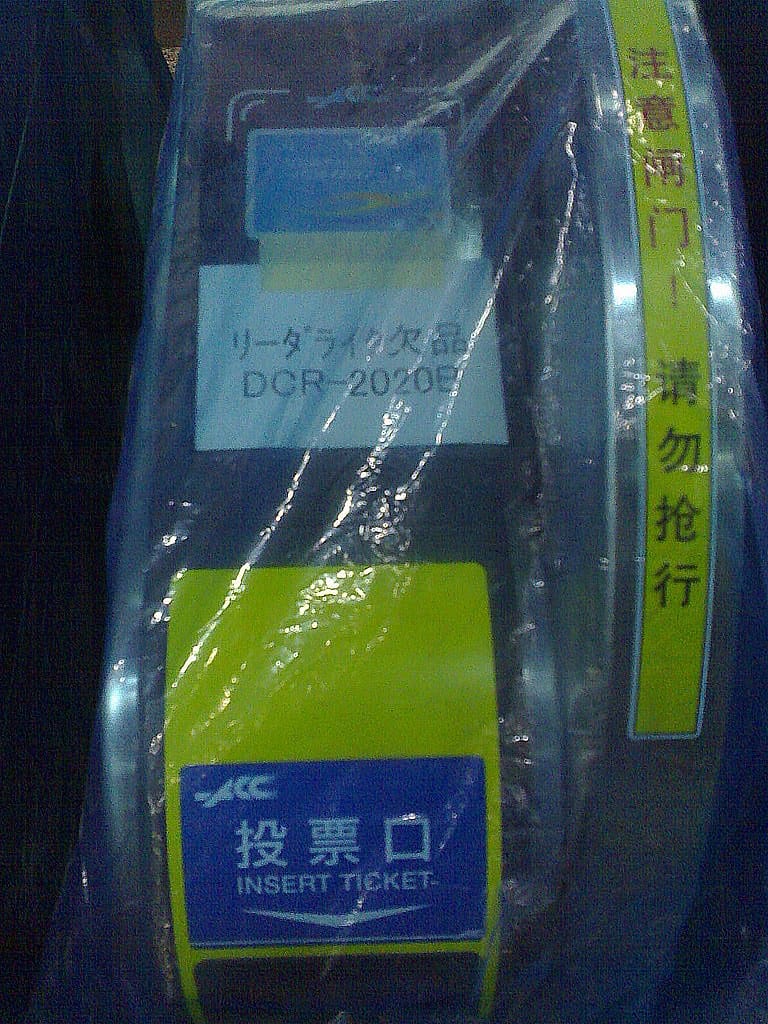Japan Unveils Milestone Achievement with First Domestically-Built Quantum Computer
Japan has marked a pivotal moment in its technological sovereignty by launching its first fully homegrown quantum computer, positioning itself as a serious contender in the global race for quantum supremacy alongside the United States, China, and European nations. This breakthrough represents more than just a technological achievement—it's a strategic move toward quantum independence that could reshape Japan's position in next-generation computing.
Breaking Free from Foreign Dependence
The launch comes at a critical juncture when quantum computing is transitioning from experimental curiosity to practical necessity. While tech giants like IBM, Google, and Chinese companies have dominated headlines with their quantum milestones, Japan's domestic achievement signals the nation's commitment to reducing reliance on foreign quantum technologies.
Japan's quantum computer, developed through collaboration between domestic research institutions and private companies, demonstrates the country's ability to master the complex engineering required for quantum systems. This includes the intricate superconducting circuits, cryogenic cooling systems, and error correction mechanisms that make quantum computing possible.
The Quantum Computing Landscape
The global quantum computing market is projected to reach $8.6 billion by 2027, growing at a compound annual growth rate of 32.1%. Countries and companies are investing heavily because quantum computers promise to solve problems that would take classical computers millennia to complete.
These machines excel in areas crucial to modern economies: drug discovery, financial modeling, cryptography, artificial intelligence, and optimization problems. For Japan, with its strong pharmaceutical, automotive, and electronics industries, quantum computing represents a transformative tool for maintaining competitive advantage.
Strategic Implications for Japan Inc.
Japan's quantum achievement arrives as the nation implements its ambitious "Moonshot" research program, which allocated significant funding for quantum technology development. The country has committed over $1 billion to quantum research through 2030, recognizing quantum computing as essential infrastructure for future economic growth.
Major Japanese corporations are already exploring quantum applications. Toyota is investigating quantum algorithms for traffic optimization and battery development. Pharmaceutical companies are eyeing quantum's potential for molecular simulation in drug discovery. Financial institutions are preparing for quantum-enhanced risk modeling and fraud detection.
The homegrown quantum computer also addresses national security concerns. As quantum computers threaten current encryption methods, nations need indigenous quantum capabilities to develop quantum-resistant security measures and maintain technological sovereignty.
Technical Achievement and Innovation
While specific technical details remain proprietary, Japan's quantum computer reportedly employs superconducting qubit technology, similar to systems from IBM and Google. However, Japanese researchers have emphasized innovations in error correction and qubit stability—critical factors for practical quantum computing applications.
The system represents years of research collaboration between institutions like RIKEN, the University of Tokyo, and private partners. This public-private partnership model reflects Japan's strategic approach to emerging technologies, combining academic research excellence with industrial implementation capabilities.
Global Quantum Race Intensifies
Japan's entry into the homegrown quantum computer club intensifies international competition. China has invested heavily in quantum research, claiming quantum supremacy achievements. The European Union has launched a €1 billion quantum flagship program. The United States continues advancing through both government initiatives and private sector innovation.
This competition extends beyond pure technology to talent acquisition, supply chain control, and standard-setting for quantum technologies. Japan's achievement helps ensure the nation won't be left behind as quantum computing matures from research curiosity to commercial necessity.
Looking Ahead: Practical Applications on the Horizon
While current quantum computers remain primarily research tools, Japan's domestic capability positions the nation to rapidly deploy quantum solutions as the technology matures. Priority applications likely include materials science for advanced manufacturing, logistics optimization for efficient supply chains, and financial modeling for risk management.
The achievement also establishes Japan as a potential quantum technology exporter, creating opportunities for Japanese companies to license quantum innovations globally and participate in the emerging quantum economy as more than just consumers of foreign technology.
The Quantum Future Starts Now
Japan's first homegrown quantum computer represents more than a technological milestone—it's a declaration of quantum independence and a foundation for future innovation. As quantum computing transitions from laboratory curiosity to industrial necessity, nations with indigenous quantum capabilities will hold significant advantages in the digital economy.
For Japan, this achievement validates years of strategic investment in quantum research and positions the nation to compete effectively in the quantum age. The real test now lies in translating this technological capability into practical applications that drive economic growth and maintain Japan's position as a global technology leader.
